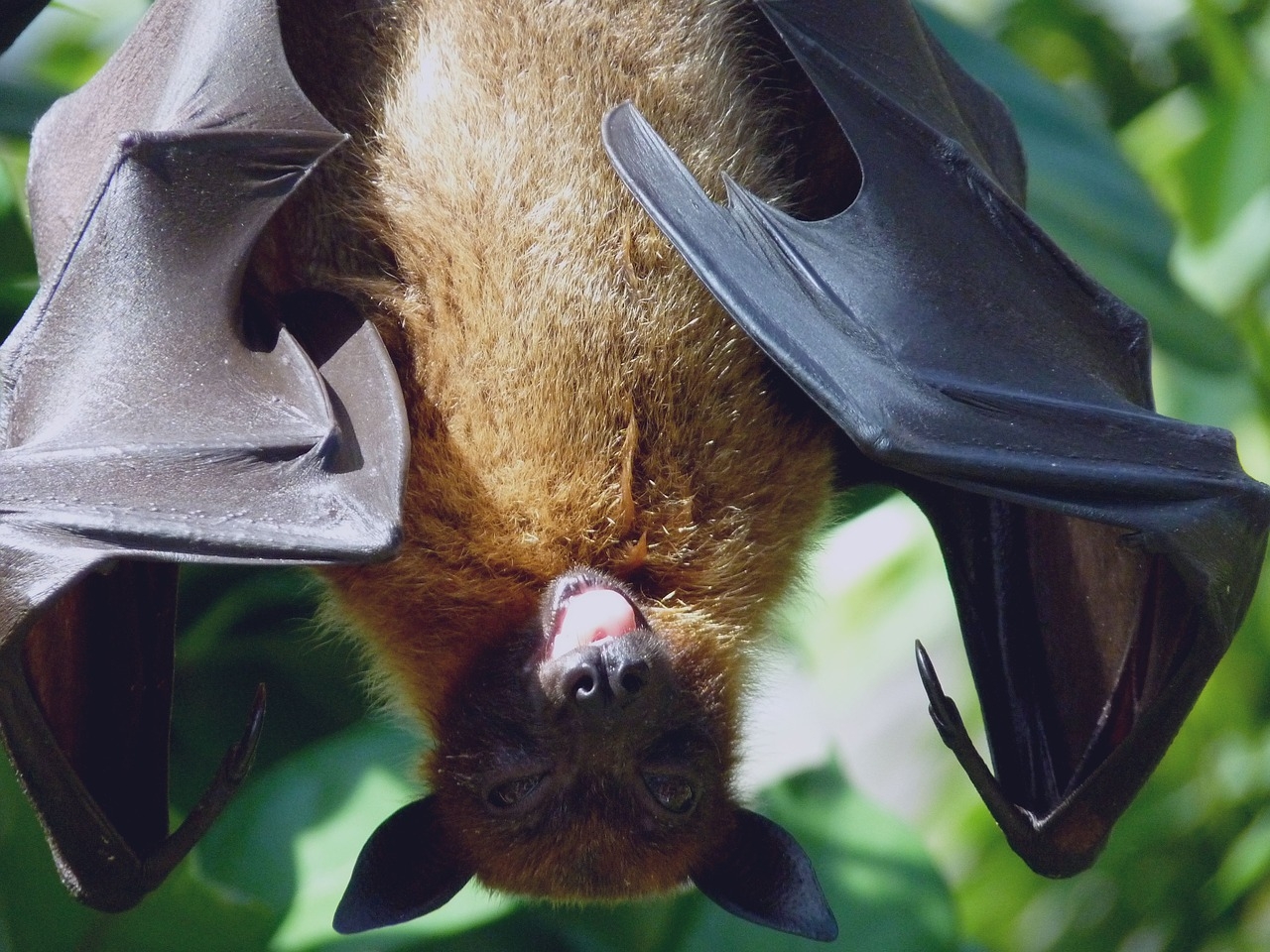Q. We have seen a house we really like, but apparently there is a family of bats living in the loft! How do we deal with that?
A. The bat population in the UK has dramatically declined over the last century or so and now all British bats and their roosts are protected by law, which means it is a criminal offence for anyone to:
- deliberately capture, injure or kill a bat
- disturb bats in their roost
- damage or destroy a bat roosting place (even if it is unoccupied at the time), or
- obstruct access to a bat roost.
So, if bats are roosting in the house you’ve found, you either need to forget the house and look elsewhere or accept that you’ll have a brood of small and furry, un-paying tenants living in the loft and get on with it!
Bats actually aren’t that bad to live with – in fact, many regard having a roost in their loft space something of a privilege and go to considerable lengths to make their guests as welcome as possible.
Bats are clean and sociable animals; they are not rodents and will not nibble or gnaw at wood, wires or insulation. They don’t build nests either, so they don’t bring bedding material into the roost. Most bats are seasonal visitors to buildings, so they are unlikely to live in the same place all year round – although, having said that, they do tend to return to the same roosts year after year. Female bats usually have only one baby a year, so properties don’t become 'infested', and finally, all bats in the UK eat insects - so they are actually a great form of natural pest control!
On the other hand, there can be serious implications for any building or remedial work you may want to have done, given the laws that are in place.
At the end of the day, it is of course your decision whether to buy a house with bats in it or not. If you want to know more, you can always call the Bat Conservation Trust on 0345 1300 228.


Share this with
Email
Facebook
Messenger
Twitter
Pinterest
LinkedIn
Copy this link